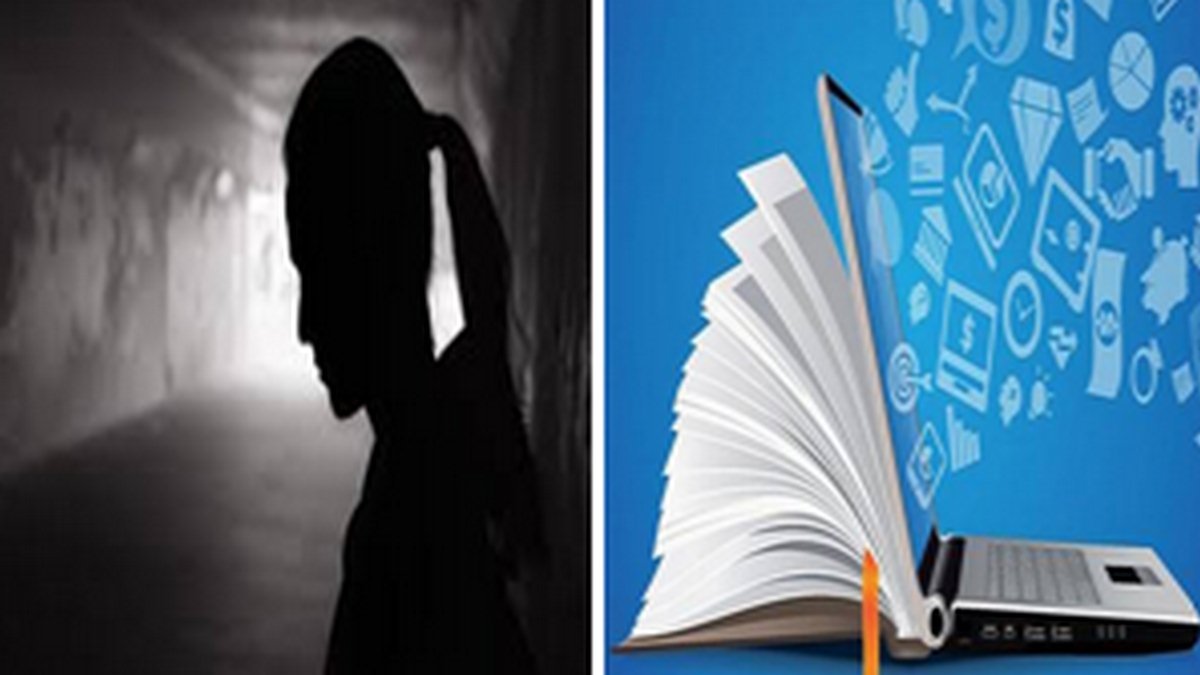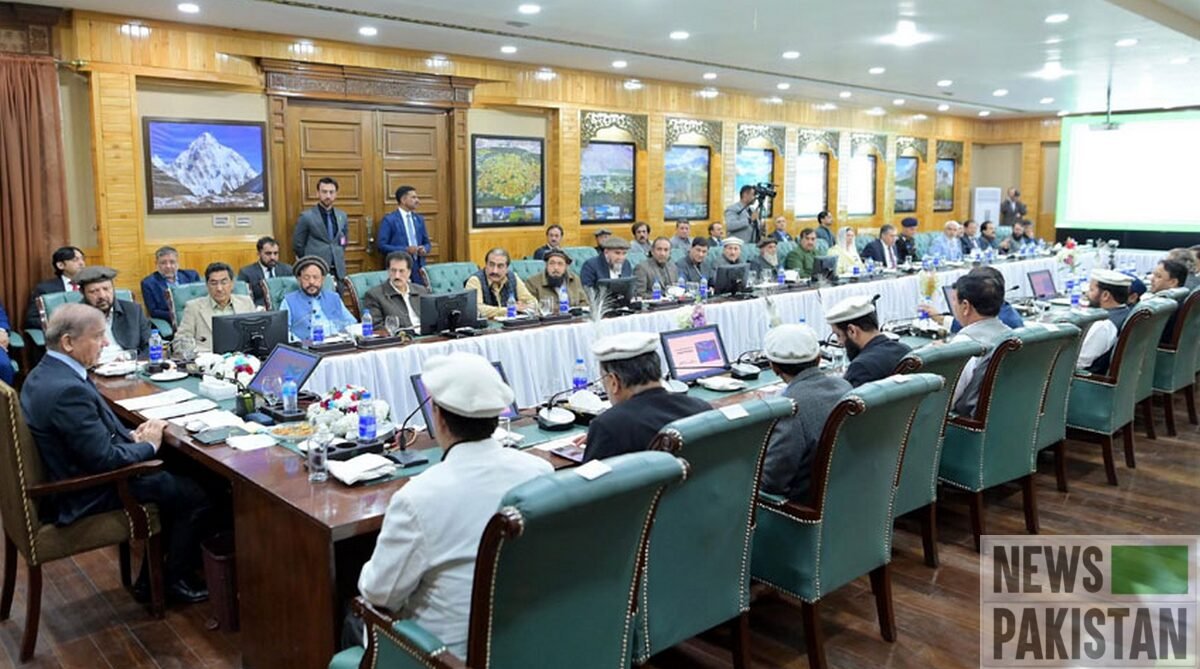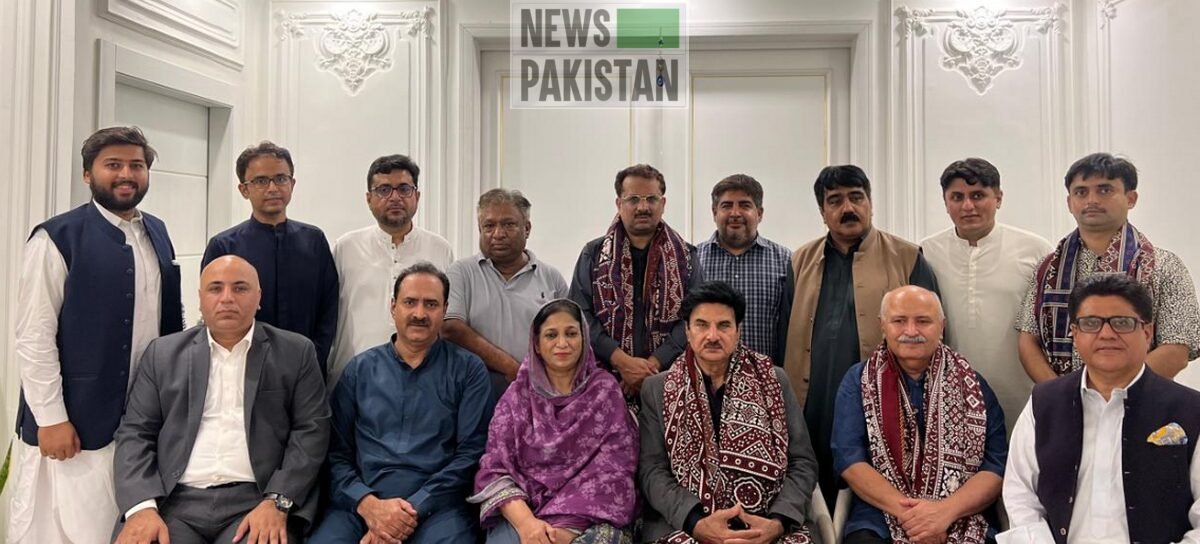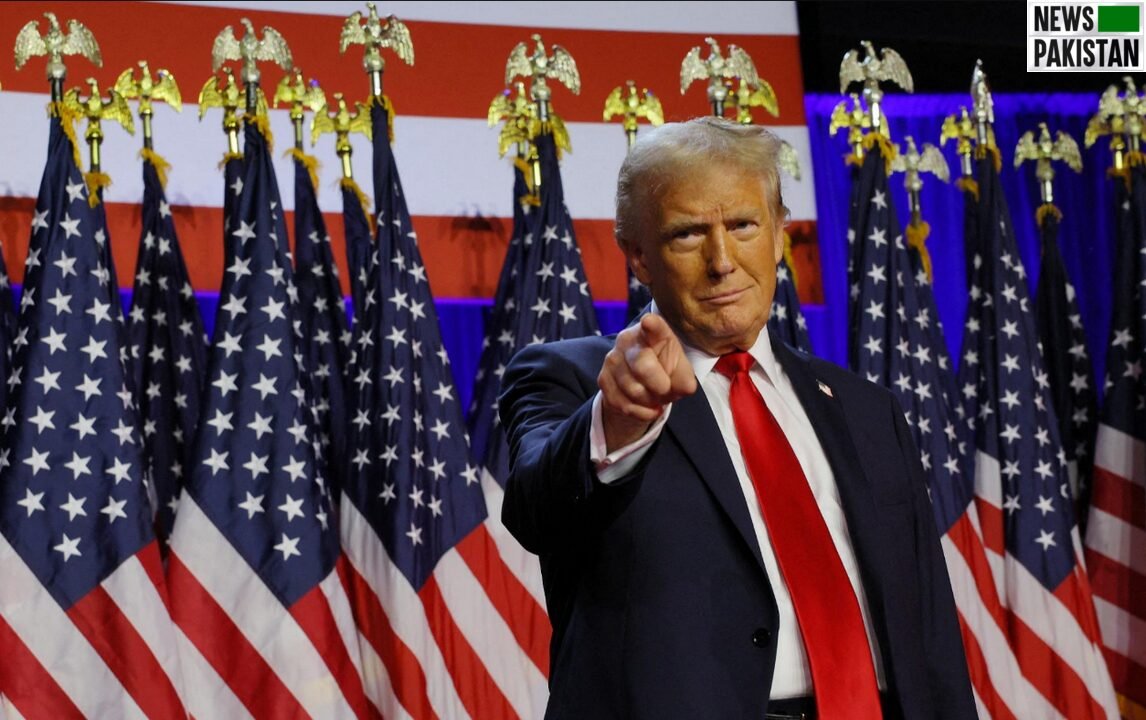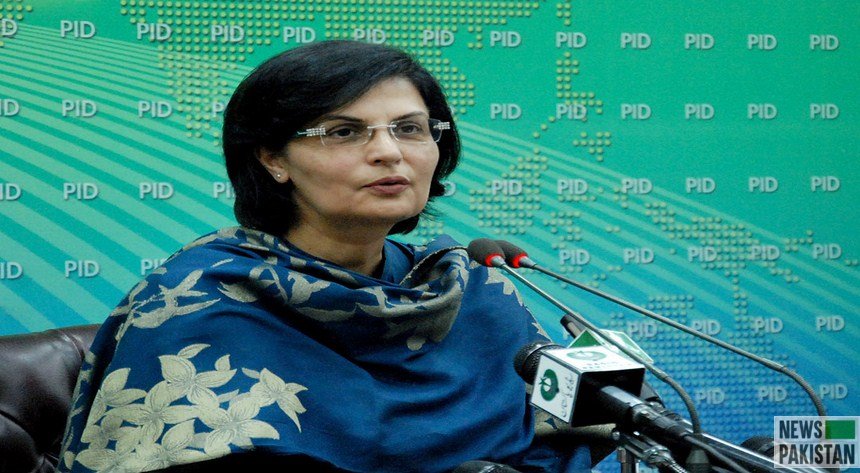ISLAMABAD: Dr Sania Nishtar, Special Assistant to Prime Minister on Poverty Alleviation, has said the government would soon launch Transparency Placard Placement Policy’ for all schools.
According to Dr. Sania Nishtar outside each school, a placard would be placed with details about the budget and number of teachers.
Sania Nishtar held that improving accountability for and efficiency in the expenditures would improve quality of education and will lead to enhance human capital development.
A relevant piece published earlier:
PM Imran Khan launches Ehsaas undergraduate scholarship program today
ISLAMABAD: Prime Minister Imran Khan has launched Ehsaas undergraduate Scholarship program here today.
According to details it is the largest-ever need-based undergraduate program in the country’s history. Under this program, two hundred thousand scholarships will be awarded over the next four years. Fifty percent of these scholarships will go to women to promote human capital development under the umbrella of Ehsaas program.
PM said that poor-friendly Ehsaas program would bring a remarkable change in various areas of society. Speaking on the launching ceremony of Ehsaas Undergraduate Scholarship Program here today he expressed hope that the scholarship to deserving and talented students would give them an opportunity to excel in life. He said fifty thousand scholarships each year to undergraduates is a big step towards higher education.
Prime Minister stated that allocating quota for physically challenged persons and females was an indication that government believes in inclusive policies for the development of the country. He said women were builders of the family and nation and this scholarship would help them join the mainstream.
Imran Khan said he founded the NAMAL University in Mianwali for technical education to equip the youth of the area with skills in demand so that they could get jobs and change the economic situation of their families. PM said students from poor households were awarded scholarships to enable them get education despite having poor socio-economic background.
PM said start of Ehsaas program was derived from the concept of State of Madina. Under this concept, state was taking responsibility of all the vulnerable segments of society. He said the Health Insaaf cards, langar khanas and other initiatives would make State of Madina dream come true.
He said a ration program is also in the offing in which poorest of the poor families will be provided with flour, ghee, pulses, sugar and other necessities of life. He said a new database is being created in Ehsaas program in order to target the real deserving people to benefit from these program.
PM lauded the work of Special Assistant to Prime Minister on Social Protection and Poverty Alleviation Dr. Sania Nishtar who is taking initiatives to bring improvements in the life of common man. Speaking on the occasion Dr Sania Nishtar claimed that was the biggest Scholarship Program in the history of the country being started under joint venture of Benazir Income Support Program and High Education Commission.
Nishtar said five billion rupees would be allocated annually and 50000 undergraduate students would be given scholarships each year along with accommodation expenses. She said 50 percent scholarships would be given to women students while 2 percent to physically disabled persons. She said these scholarships would be given on need and merit basis. She said these scholarship will be provided in Agriculture, Arts, Business Education, Engineering, Medical, Physical Sciences and Social Sciences.
She said the HEC has provided scholarships to 30000 undergraduates in last 14 years while 50000 scholarships will be given in year under this program which is a exemplary step. This program will be further expanded in all four provinces including FATA and Gilgit-Baltistan.
Earlier Prime Minister Imran Khan had taken to the Twitter to inform: “I will launch the largest ever needs-based undergraduate scholarship program in the history of Pakistan today. 200,000 scholarships will be awarded over the next 4 years, 50,000 every year, 50% of these for women to promote human capital development under my Ehsaas_Pk umbrella.”
She stated that the PTI government was committed to promoting financial access to education and offers an equal opportunity to women
PM Imran Khan opens first Ehsaas Saylani Langar at Islamabad
ISLAMABAD: Prime Minister Imran Khan has opened here today the first Ehsaas Saylani Langar that would provide free food to the 600 deserving people.
Speaking on the occasion Prime Minister said that he was determined to transform his vision of building Pakistan on the pattern of a welfare state like Riyasat-e-Madina into reality where the citizens would enjoy equal rights and for that efforts were underway. Reiterating that PTI government was taking measures to uplift the lower strata of the society, the PM noted that feeding the hungry was the noblest way of serving humanity.
Earlier Special Assistant to the Prime Minister on Social Protection and Poverty Alleviation Dr. Sania Nishtar had informed that the Ehsaas Langars – soup kitchens, where free quality hygienic meals will be served with ‘respect and dignity’ – would operate in collaboration with Saylani Welfare International Trust (one of the country’s biggest welfare organisations). She said that PM Imran Khan had directed that no citizen in the country should go to bed empty stomach.
According to Special Assistant Sania Nishtar, distribution of free charity food among the marginalized segments would help reduce inequality and invest in people. She pointed out that was the first scheme of Ehsaas that was being set up under public private partnership and the scheme would be extended in other parts of the country. In the first phase 112 Ehsaas Saylani Langars will be established.
‘Ehsaas’ endeavors to reduce poverty: PM
ISLAMABAD: Prime Minister Imran Khan has stated that PTI’s Ehsaas program was a step towards the creation of a welfare state, aimed at reducing inequality, alleviating poverty, investment in people and uplift of districts lagging behind in development.
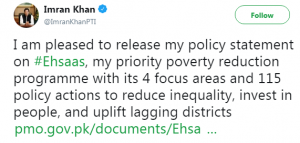 In a 15-page policy statement released here by the PM Office, he said Ehsaas launched on March 27, would use data and technology to create precision safety nets, promote financial inclusion and access to digital services, and support the economic empowerment of women.
In a 15-page policy statement released here by the PM Office, he said Ehsaas launched on March 27, would use data and technology to create precision safety nets, promote financial inclusion and access to digital services, and support the economic empowerment of women.
He said the programme would focus on four areas through 115 policy actions. It relied on addressing the chronic issue of elite capture – a form of corruption whereby public resources were biased for the benefit of a few individuals of superior social status.
The other three priority areas, he said, aimed at making the government system create equality, safety nets for disadvantaged segments of the population, jobs, and livelihoods, and human capital development.
“Ehsaas is the biggest and the boldest programme for the poor, ever launched in Pakistan,” the prime minister said in his statement.
“The government looks forward to working with all stakeholders—public, private, civil society, philanthropists, and expatriate Pakistanis—to ensure that we deliver on our promise of lifting millions of people out of poverty and build a strong foundation together for a stronger, safer, and successful Pakistan.”
The programme developed by the Poverty Alleviation Coordination Council after extensive consultations would also focus on the central role of human capital formation for poverty eradication, economic growth, and sustainable development, besides overcoming financial barriers to accessing health and post-secondary education.
The prime minister, in a tweet, said he was pleased to release his policy statement on Ehsaas – “my priority poverty reduction programme with its 4 focus areas and 115 policy actions to reduce inequality, invest in people, and uplift lagging districts.”
He said the program premise was grounded in the importance of strengthening institutions, transparency, and good governance. It was designed for the extremely poor, orphans, widows, homeless, disabled and those, who risked medical impoverishment.
Imran Khan said it would also cater to the jobless, poor farmers, laborers, the sick and undernourished, students from low-income backgrounds, poor women and elderly citizens.
He pointed out that it would center on tapping whole-of-government multi-sectoral collaboration for a solution, ensuring joint federal-provincial leadership, and mainstreaming the role of the private sector. The program would also create jobs and promote means for a livelihood, he added.
News Pakistan
